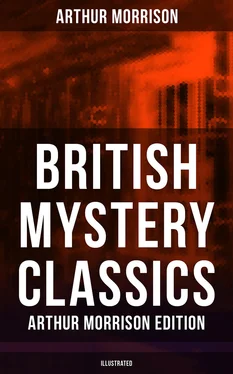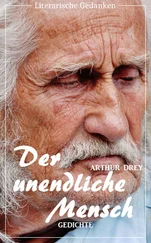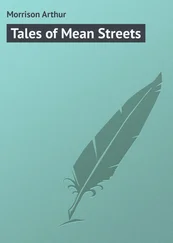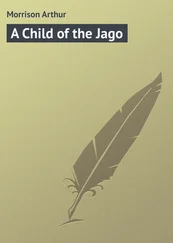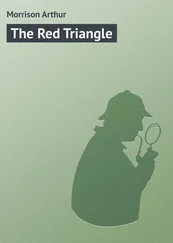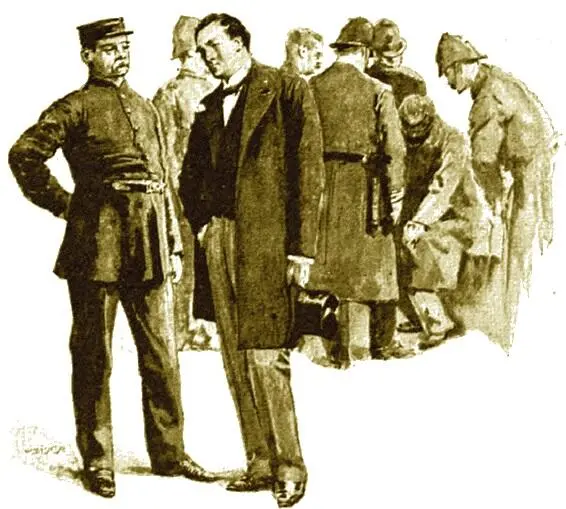
“Well, Mr. Hewitt,” Nettings said, “this case has certainly been a shocking beating for me. I must have been as blind as a bat when I started on it. And yet I don’t see that you had a deal to go on, even now. What struck you first?”
“Well, in the beginning it seemed rather odd to me that the body should have been taken away, as I had been told it was, after the written paper had been pinned on it. Why should the murderer pin a label on the body of his victim if he meant carrying that body away? Who would read the label and learn of the nature of the revenge gratified? Plainly, that indicated that the person who had carried away the body was not the person who had committed the murder. But as soon as I began to examine the place I saw the probability that there was no murder, after all. There were any number of indications of this fact, and I can’t understand your not observing them. First, although there was a good deal of blood on the floor just below where the housemaid had seen Rameau lying, there was none between that place and the door. Now, if the body had been dragged, or even carried, to the door, blood must have become smeared about the floor, or at least there would have been drops, but there were none, and this seemed to hint that the corpse might have come to itself, sat up on the sofa, stanched the wound, and walked out. I reflected at once that Rameau was a full-blooded negro, and that a negro’s head is very nearly invulnerable to anything short of bullets. Then, if the body had been dragged out—as such a heavy body must have been—almost of necessity the carpet and rugs would show signs of the fact, but there were no such signs. But beyond these there was the fact that no long black overcoat was left with the other clothes, although the housekeeper distinctly remembered Rameau’s possession of such a garment. I judged he would use some such thing to assist his disguise, which was why I asked her. Why he would want to disguise was plain, as you shall see presently. There were no towels left in the bath-room; inference, used for bandages. Everything seemed to show that the only person responsible for Rameau’s removal was Rameau himself. Why, then, had he gone away secretly and hurriedly, without making complaint, and why had he stayed away? What reason would he have for doing this if it had been Goujon that had attacked him? None. Goujon was going to France. Clearly, Rameau was afraid of another attack from some implacable enemy whom he was anxious to avoid—one against whom he feared legal complaint or defense would be useless. This brought me at once to the paper found on the floor. If this were the work of Goujon and an open reference to his tortoise, why should he be at such pains to disguise his handwriting? He would have been already pointing himself out by the mere mention of the tortoise. And, if he could not avoid a shake in his natural, small handwriting, how could he have avoided it in a large, clumsy, slowly drawn, assumed hand? No, the paper was not Goujon’s.”
“As to the writing on the paper,” Nettings interposed, “I’ve told you how I made that mistake. I took the readiest explanation of the words, since they seemed so pat, and I wouldn’t let anything else outweigh that. As to the other things—the evidences of Rameau’s having gone off by himself—well, I don’t usually miss such obvious things; but I never thought of the possibility of the victim going away on the quiet and not coming back, as though he’d done something wrong. Comes of starting with a set of fixed notions.”
“Well,” answered Hewitt, “I fancy you must have been rather ‘out of form,’ as they say; everybody has his stupid days, and you can’t keep up to concert pitch forever. To return to the case. The evidence of the chopper was very untrustworthy, especially when I had heard of Goujon’s careless habits—losing shovels and leaving coal-scuttles on stairs. Nothing more likely than for the chopper to be left lying about, and a criminal who had calculated his chances would know the advantage to himself of using a weapon that belonged to the place, and leaving it behind to divert suspicion. It is quite possible, by the way, that the man who attacked Rameau got away down the coal-lift and out by an adjoining basement, just as did Rameau himself; this, however, is mere conjecture. The would-be murderer had plainly prepared for the crime: witness the previous preparation of the paper declaring his revenge, an indication of his pride at having run his enemy to earth at such a distant place as this—although I expect he was only in England by chance, for Haytians are not a persistently energetic race. In regard to the use of small instead of capital letters in the words ‘La Tortue’ on the paper, I observed, in the beginning, that the first letter of the whole sentence—the ‘p’ in ‘puni’—was a small one. Clearly, the writer was an illiterate man, and it was at once plain that he may have made the same mistake with ensuing words.
“On the whole, it was plain that everybody had begun with a too ready disposition to assume that Goujon was guilty. Everybody insisted, too, that the body had been carried away—which was true, of course, although not in the sense intended—so I didn’t trouble to contradict, or to say more than that I guessed who had carried the body off. And, to tell you the truth, I was a little piqued at Mr. Styles’ manner, and indisposed, interested in the case as I was, to give away my theories too freely.
“The rest of the job was not very difficult. I found out the cabman who had taken Rameau away—you can always get readier help from cabbies if you go as one of themselves, especially if you are after a bilker—and from him got a sufficiently near East End direction to find Rameau after inquiries. I ventured, by the way, on a rather long shot. I described my man to the cabman as having an injured arm or wrist—and it turned out a correct guess. You see, a man making an attack with a chopper is pretty certain to make more than a single blow, and as there appeared to have been only a single wound on the head, it seemed probable that another had fallen somewhere else—almost certainly on the arm, as it would be raised to defend the head. At Limehouse I found he had had his head and wrist attended to at a local medico’s, and a big nigger in a fright, with a long black coat, a broken head, and a lame hand, is not so difficult to find in a small area. How I persuaded him up here you know already; I think I frightened him a little, too, by explaining how easily I had tracked him, and giving him a hint that others might do the same. He is in a great funk. He seems to have quite lost faith in England as a safe asylum.”
The police failed to catch Rameau’s assailant—chiefly because Rameau could not be got to give a proper description of him, nor to do anything except get out of the country in a hurry. In truth, he was glad to be quit of the matter with nothing worse than his broken head. Little Goujon made a wild storm about his arrest, and before he did go to France managed to extract twenty pounds from Rameau by way of compensation, in spite of the absence of any strictly legal claim against his old tormentor. So that, on the whole, Goujon was about the only person who derived any particular profit from the tortoise mystery.
THE END
CHRONICLES OF MARTIN HEWITT
Table of Contents
Table of Contents
I had been working double tides for a month: at night on my morning paper, as usual; and in the morning on an evening paper as locum tenens for another man who was taking a holiday. This was an exhausting plan of work, although it only actually involved some six hours’ attendance a day, or less, at the two offices. I turned up at the headquarters of my own paper at ten in the evening, and by the time I had seen the editor, selected a subject, written my leader, corrected the slips, chatted, smoked, and so on, and cleared off, it was very usually one o’clock. This meant bed at two, or even three, after supper at the club.
Читать дальше
